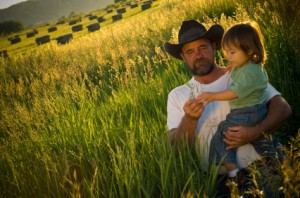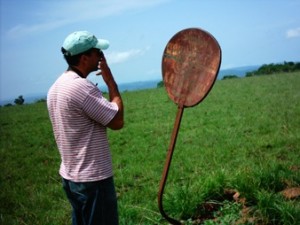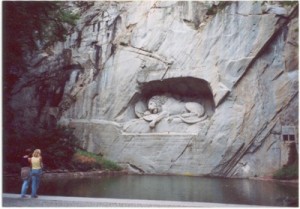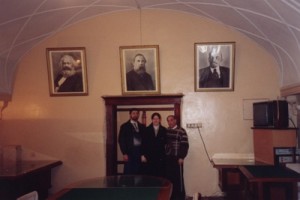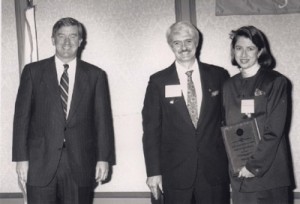The Associated Press reports that “one year after Iowa floods, many still wait for help”. By my calculations, they have another five years to go and the help will be far less than they had anticipated. The AP reports of the inadequacies of FEMA (Federal Emergency Management Agency) programs and that long-term assistance has been slow to materialize. HUD (Housing and Urban Development) Secretary Shaun Donovan, visited Cedar Rapids, Iowa to announce new disaster relief grants at which time he acknowledged that there is a problem with the long gap between immediate relief and long-term rebuilding assistance. He attributed this, in part, to the fact that for every single disaster Congress has created a new law and a new allocation system that delays agency response. I am impressed by his candor. Secretary Donovan’s remarks provide insight as to why you cannot rely on government assistance if you want to keep your small business running.
One of the most heartbreaking, but not surprising, cases cited in the AP report was that of a family that is paying its mortgage on a home too damaged to inhabit while paying rent for their immediate living needs. As bad as that is, if you own a small business, you get the double-payment twice, for your home and your office. Homeowner’s and tenant’s insurance should cover the cost of your housing when a disaster displaces you. In my case, when I was evacuated from my home after 9-11, my homeowner’s insurance was responsible for the costs incurred should I have chosen to stay in a hotel. It sounds like this family did not have adequate insurance. At a time when financial regulatory reform is focused on consumer protection, we should place equal emphasis, if not more, on financial literacy. And we should give generously to private disaster relief charities, whose reserves have been exhausted in the recession. I was very happy to see American Airlines call attention to this need in the current edition of its inflight magazine.
